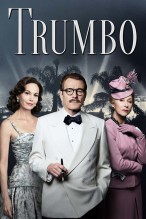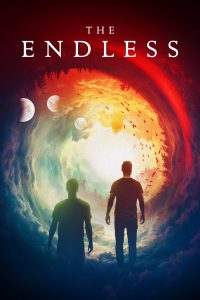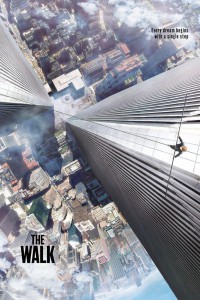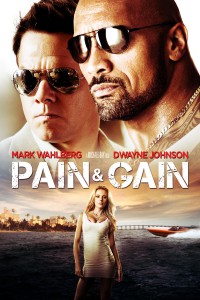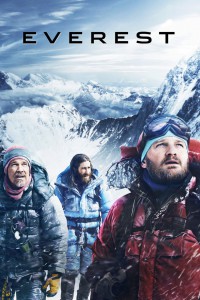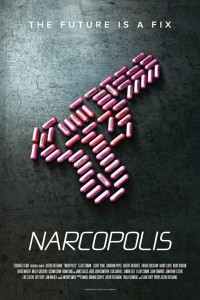Overview
The career of screenwriter Dalton Trumbo is halted by a witch hunt in the late 1940s when he defies the anti-communist HUAC committee and is blacklisted.
Dalton Trumbo (Bryan Cranston) was the highest paid screen writer in Hollywood in the late 1940s before he fell foul of the House UnAmerican Activities Commission. In an atmosphere of cold war paranoia senate hearings were held in which suspected communist sympathisers were grilled and asked to betray others, on pain of prison.
The film neatly intermixes real life archive footage with black and white mock-ups that intercut with the real speeches of that era. Given that the era of the Hollywood blacklist is well-known, there is a danger that the film will struggle to generate enough tension given that most audience members will be at least slightly familiar with the actual circumstances. Fortunately the movie, appropriately enough, has a well-written script and benefits from fine acting performances from Mr Cranston and his long-suffering wife, played by Diane Lane, as well as excellent cameos by Helen Mirren and John Goodman as an unscrupulous film studio boss who is happy to employ the now otherwise unemployable Trumbo and his friends to churn out movie scripts anonymously at a cut price. There are further memorable cameos by Dean O’Gorman, who bears a spooky physical resemblance to the young Kirk Douglas whom he is portraying, and Christian Berkel as film director Otto Preminger. There are some nice lines skewering the moral-free zone that is Hollywood – “He is trying to sell his soul but he can’t find it” – and some wry humour as Trumbo and his family watch the Oscar ceremonies, where his own scripts are up for Academy Awards, but under pseudonyms (Trumbo won Oscars for “Roman Holiday”, and “The Brave One”, as well as writing “Spartacus”). Cranston’s performance injects nuance to the Trumbo character, who is notionally the hero of the piece yet whose own ego and obsessive work ethic drive his family to the brink of breakdown.
